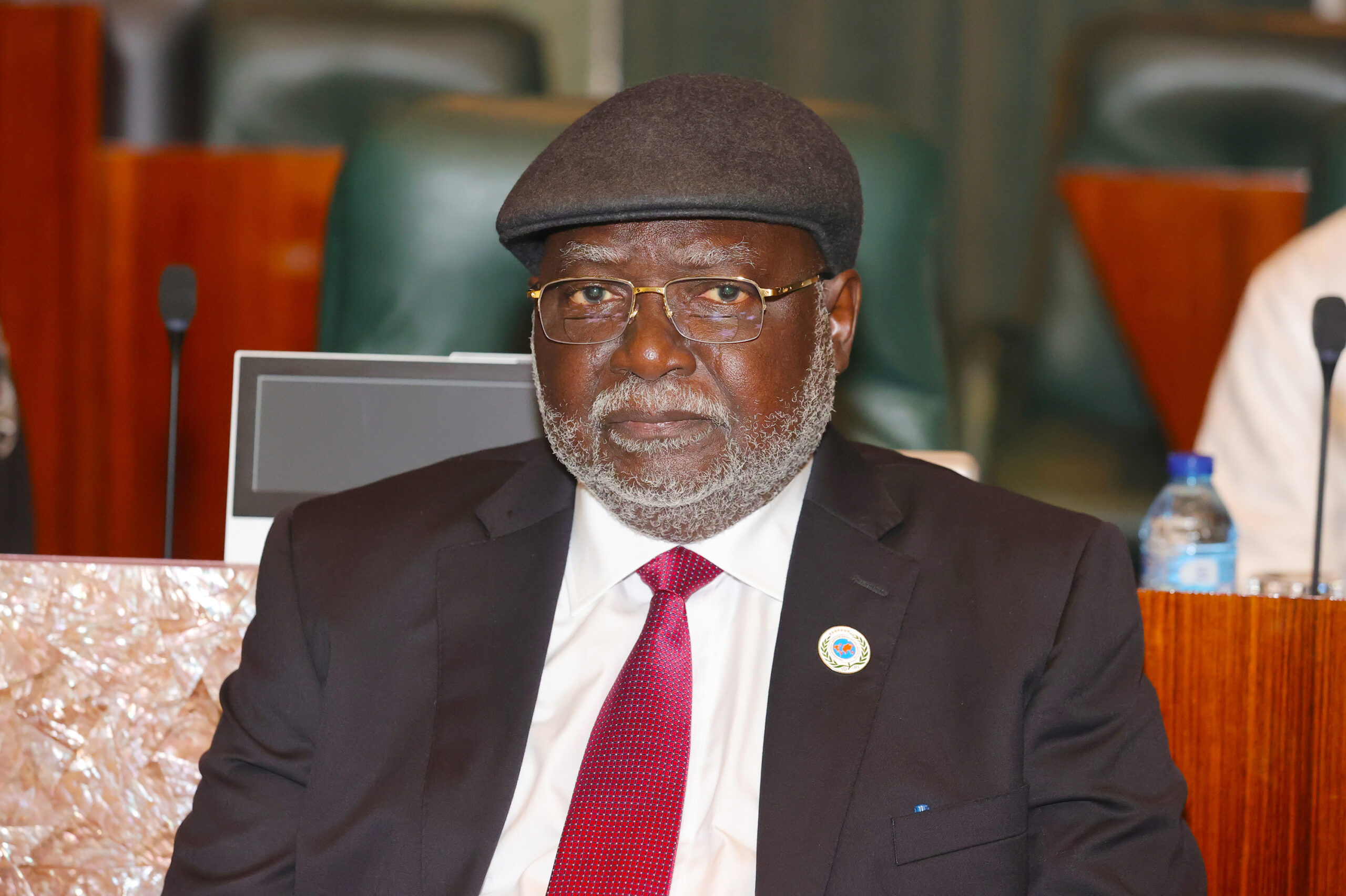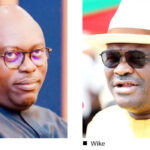As the battle over the validity of the 2023 general elections shifts to the judiciary, findings show that corruption perceptions have influenced doubts being expressed about the third arm of government.
Some reports have linked the judiciary among national institutions with high corruption perceptions in the country.
In 2020, the Independent Corrupt Practices Commission (ICPC) had in its Nigeria Corruption Index pilot survey, which was conducted by the Anti-Corruption Academy of Nigeria, its research and training arm, found that “bribe for judgement is one of the most egregious forms of grand corruption as it operates to undermine the very essence of judicial dispute resolution.”
This is similar to other surveys conducted by the National Bureau of Statistics (NBS) in collaboration with the United Nations Office on Drugs and Crime (UNODC) in 2017 which revealed that an estimated N400 billion, or equivalent of $4.6 billion, is paid out in bribes to public officials in Nigeria annually.
2023 elections: How corruption perception fuels doubts about judiciary
Bear attacks as sacrifice for new Nigeria, Obi tells supporters
Many post-election petitions have been filed at the tribunals, the prominent among them being the ones from five political parties challenging the outcome of the February 25 presidential election.
Perverting the electoral adjudication process has grave consequences, and failure to ascertain and vindicate the democratic choices made by the electorate can destabilize political society.
Major stakeholders in the justice sector believe the Judiciary has not taken extra steps to plug the gaps and tighten the spaces that facilitate misconduct by election petition judges, hence the concerns.
In an Easter message, Bishop Matthew Kukah, bishop of the Roman Catholic Diocese of Sokoto, said the future of the country hangs in the hands of the judges.
“Nigerians are saddened that your sacred temples have been invaded by the political class leaving the toxic fumes that now threaten your reputation as the last hope for all citizens. It is sad that your hard-earned reputation is undergoing very severe stress and pressure from those who want justice on their terms.
“Nigerians are looking up to you to reclaim their trust in you as the interpreters of the spirit of our laws.
“The future of our country is in your hands. You have only your consciences and your God to answer to when you listen to the claims and counterclaims of Nigeria lawyers; you have to decide the future of our country.”
The convener of Access to Justice (A2J), Joseph Otteh, wrote to the Chief Justice of Nigeria, Justice Olukayoode Ariwoola, about the perceptions and allegations of corruption issues in the judiciary.
He said investigation showed that about N9 billion was offered to judges (most of whom handled election petitions) within a space of three years and associated with the different cycles and electoral adjudications in Nigeria, the judiciary has not taken extra steps to strengthen the ethical framework for electoral dispute adjudication.
The group said, “The NJC’s own disciplinary records, as well as those of anti-corruption agencies bear out the extraordinary incidence of corruption associated with the determination of electoral disputes.
“From publicly available records, more than 15 judges and justices of courts have been arrested/investigated, convicted or sanctioned for election determination misconduct, many of which relate to corruption, and Your Lordship would, of course, note the embarrassment which such scandals inflict on the judiciary itself.”
He stressed that “part of the problem is that the NJC’s accountability system for judges is generally weak and outdated, and does not meet the exigencies of safeguarding the integrity of the judiciary at periods like this.
“Neither the NJC’s Code of Judicial Conduct (CJC) nor the Judicial Discipline Regulations, as experience has shown, have effectively deterred judges from engaging in corrupt practices because they miss a vital link to fighting corruption, which is ‘detecting’ it.
“They also do not promote the role of the public in fighting judicial misconduct. The NJC’s overall strategy for fighting judicial corruption and the policies in place for accomplishing that mission are, therefore, not creative and good accelerators for winning the struggle, much less for maintaining the integrity of the electoral justice delivery process.”
Other stakeholders said the NJC needs to harden its opposition to political interference with the electoral justice process and must create a strong whistle-blower policy, adding that judges of election tribunals must also be prohibited from communicating and interacting with government officials.
Following his inauguration in June 2022, the CJN Ariwoola assured that the judiciary will be fair to all parties in the country while warning politicians to stay off the third arm of government in the aftermath of the 2023 general elections.
“Politicians should allow the judiciary to function. Law is not static and that is why you see the National Assembly continues to amend laws, and it is law that the courts apply to the facts available,” he said.
“We shall continue to do justice if only Nigerians will allow us to perform and function without any pressure.
“We shall make progress and advance the judiciary to benefit not only the common man but all men and women.”

 Join Daily Trust WhatsApp Community For Quick Access To News and Happenings Around You.
Join Daily Trust WhatsApp Community For Quick Access To News and Happenings Around You.


